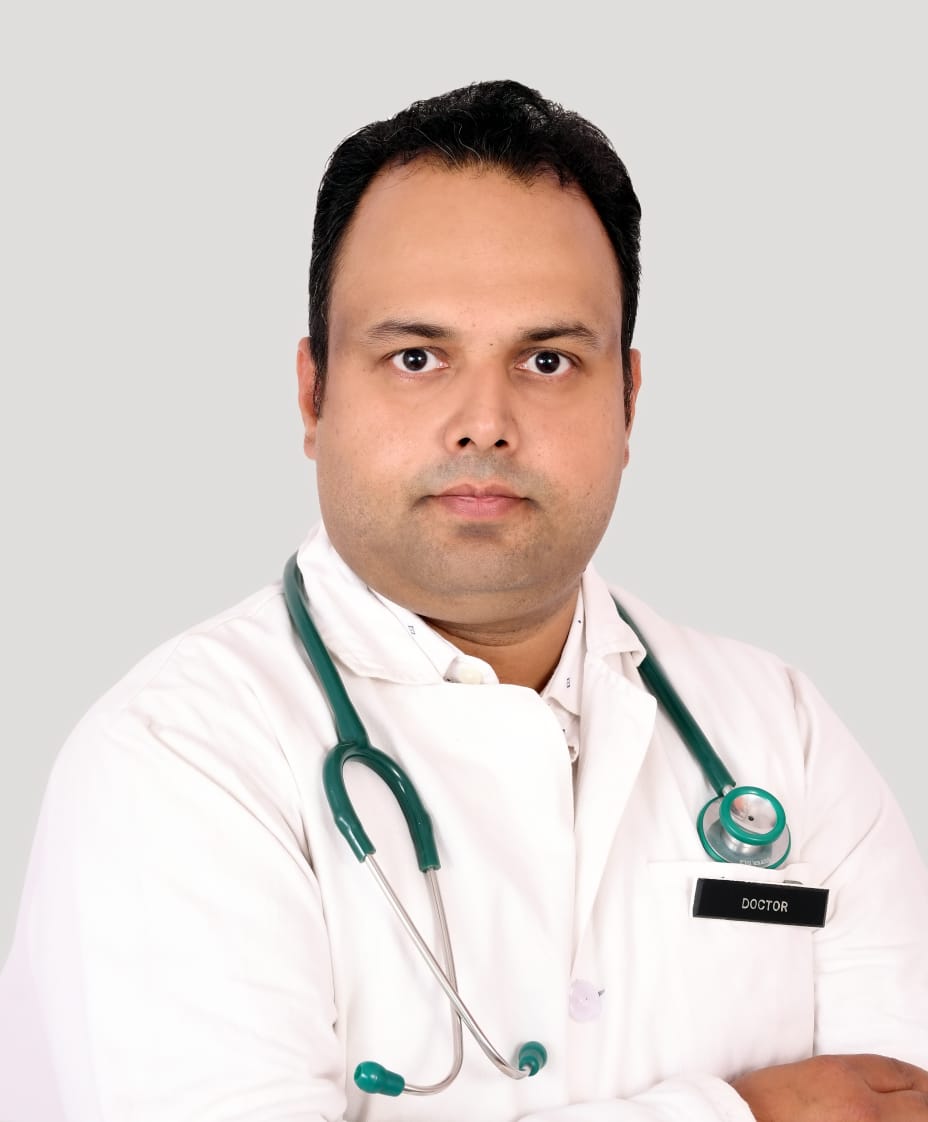General Physician: A Guide to General Health
General Physician: A Guide to General Health
The field of General Medicine focuses on the comprehensive diagnosis, treatment, and prevention of a wide range of adult illnesses and health concerns. A General Physician, also known as an Internal Medicine Specialist, is trained to provide primary care and manage complex medical conditions affecting various body systems. They play a vital role in maintaining overall health and ensuring early detection of diseases.
The Role of a General Physician
The Role of a General Physician
General Physicians are central to preventive healthcare and chronic disease management. Their responsibilities include:
Preventive Care: Promoting vaccinations, lifestyle modifications, and screenings to prevent illness.
Diagnosis and Treatment: Managing both acute (e.g., fever, infections) and chronic (e.g., diabetes, hypertension) conditions.
Comprehensive Health Monitoring: Evaluating multiple body systems to detect underlying health issues.
Coordination of Care: Referring to and collaborating with specialists when needed.
Patient Education: Guiding patients on maintaining a healthy lifestyle and managing existing conditions.
Common Conditions Treated by General Physicians
Common Conditions Treated by General Physicians
General Physicians are trained to manage a broad spectrum of health issues, including:
Fever, Flu, and Infections
Diabetes and Pre-diabetes
High Blood Pressure (Hypertension)
High Cholesterol and Heart Disease
Thyroid Disorders
Respiratory Issues like Asthma or Bronchitis
Gastrointestinal Conditions
Nutritional Deficiencies and Obesity
Fatigue, Headaches, and General Weakness
Diagnostic Techniques in General Medicine
Diagnostic Techniques in General Medicine
General Physicians use various tools and tests to assess overall health and identify potential concerns:
Physical Examination: Comprehensive head-to-toe check-up.
Blood Tests: For sugar, cholesterol, liver and kidney function, thyroid levels, and more.
Urine Analysis: To detect infections, kidney issues, or metabolic concerns.
ECG (Electrocardiogram): To assess heart health.
Imaging (X-ray, Ultrasound): If required for deeper insights.
Vital Sign Monitoring: Including blood pressure, heart rate, and BMI.
Treatment Options
Treatment Options
General Physicians offer personalized treatment plans depending on the condition and patient history:
Medications: For infections, chronic diseases, or symptom relief.
Lifestyle Counseling: Diet, exercise, and stress management advice.
Vaccinations: For influenza, tetanus, hepatitis, and more.
Chronic Disease Management: Long-term care plans for diabetes, hypertension, etc.
Referrals to Specialists: When advanced care is needed.
Tips for Maintaining General Health
Tips for Maintaining General Health
To stay healthy and prevent illness:
Routine Check-ups: Visit your physician annually, even if you feel fine.
Healthy Diet: Balanced nutrition helps prevent lifestyle diseases.
Regular Exercise: At least 30 minutes daily to maintain body function.
Stress Management: Practice mindfulness, yoga, or breathing exercises.
Adequate Sleep: 7–8 hours per night supports immunity and healing.
Stay Hydrated: Water aids metabolism and organ function.
When to See a General Physician
When to See a General Physician
You should consult a general physician if you experience:
Unexplained fatigue, weight loss, or fever
Blood pressure or sugar fluctuations
Persistent headaches, digestive issues, or shortness of breath
Symptoms of infections such as sore throat, cough, or urinary discomfort
Health check-up before surgery, travel, or starting new medications
Conclusion
Conclusion
A General Physician is your first point of contact for any health concern, offering both immediate care and long-term wellness planning. Whether you're managing a chronic condition or simply staying on top of your health, regular visits to a trusted physician can make all the difference. At our clinic, our experienced general physicians are dedicated to helping you live a healthier, balanced life—every day.





